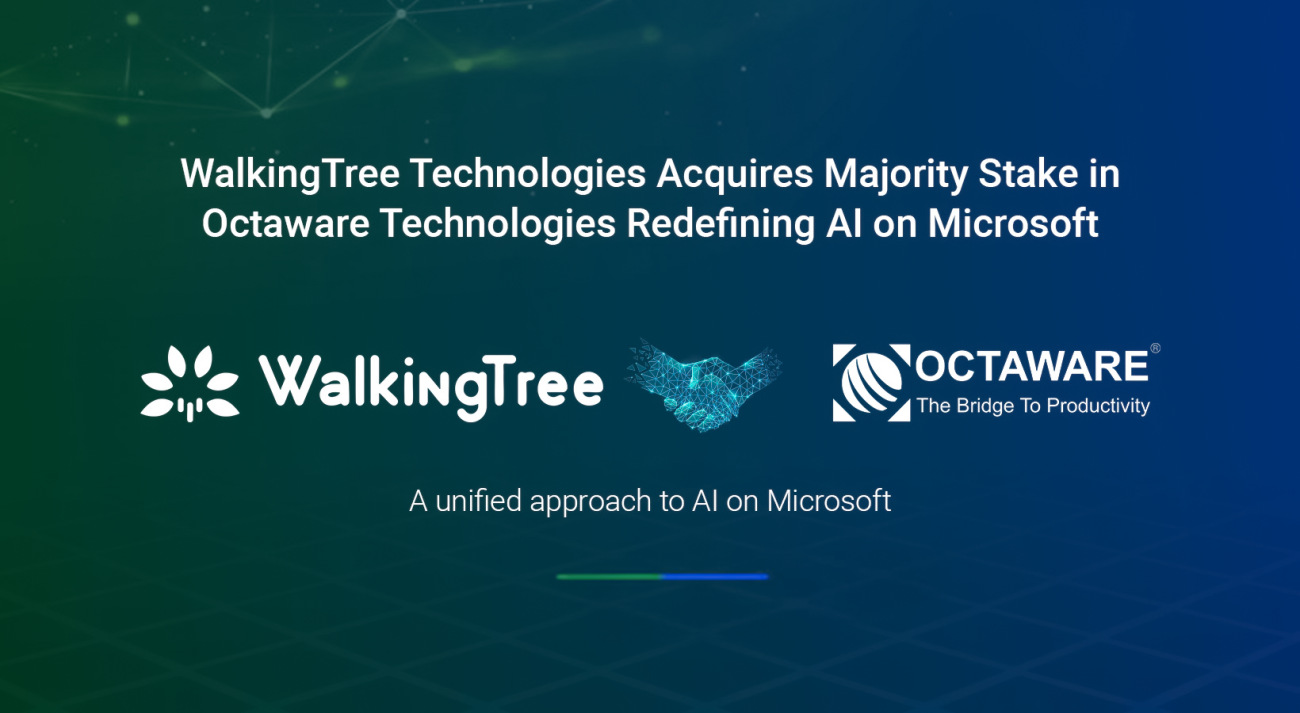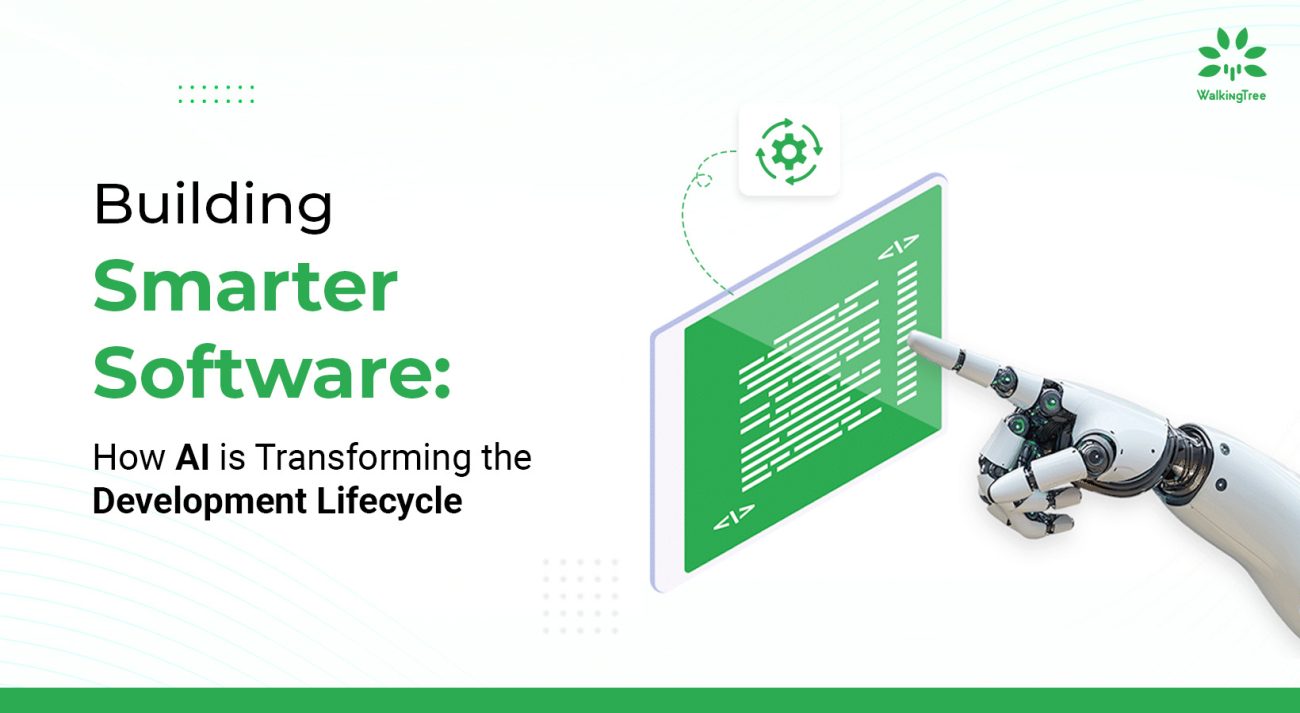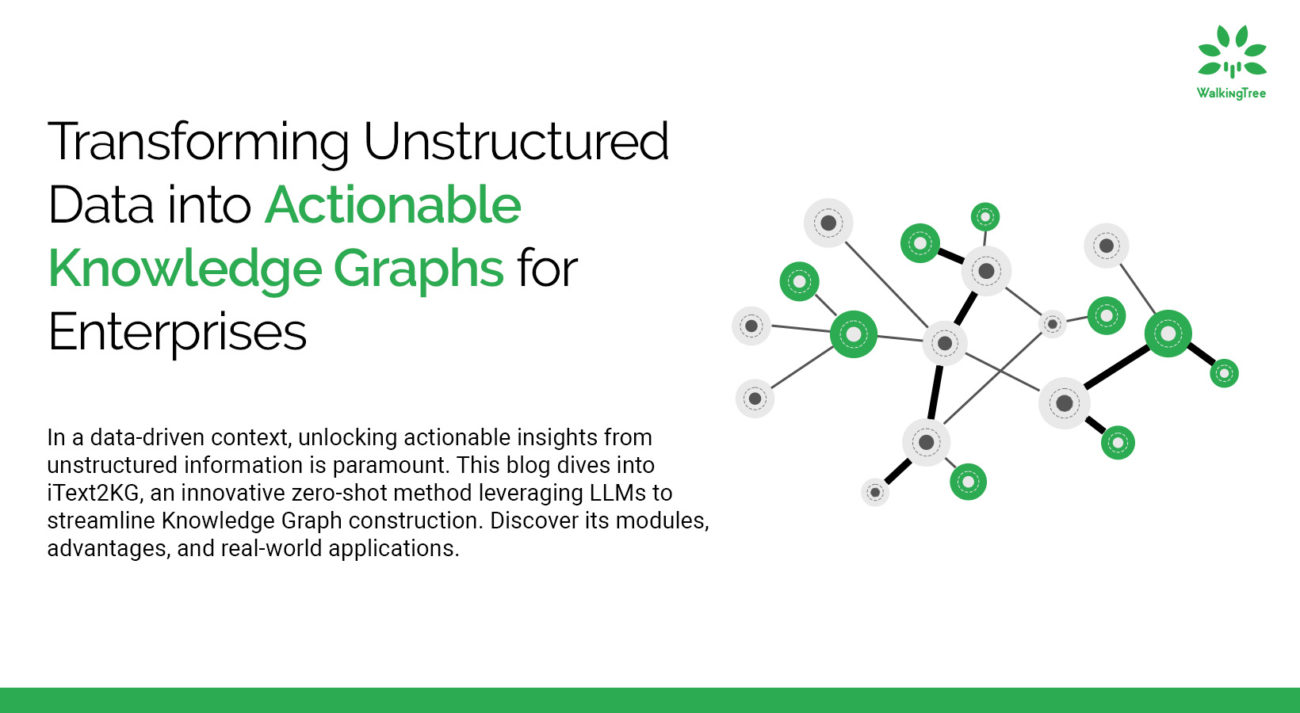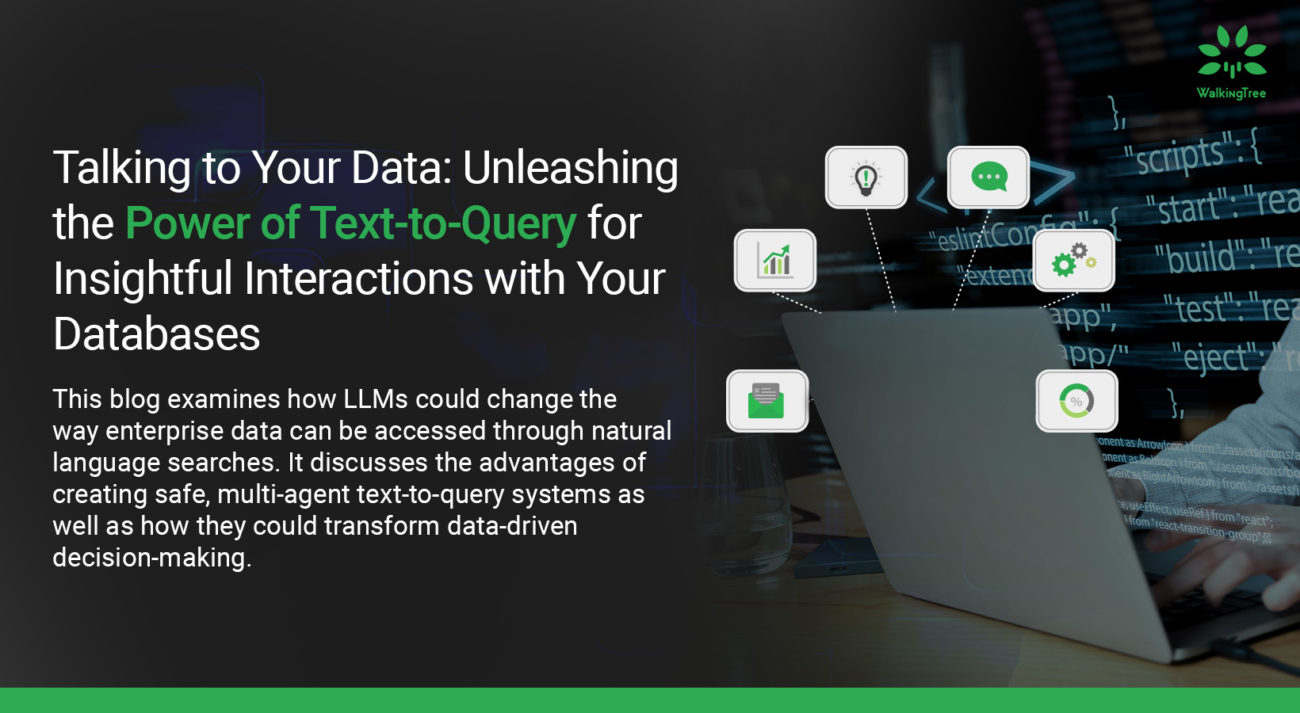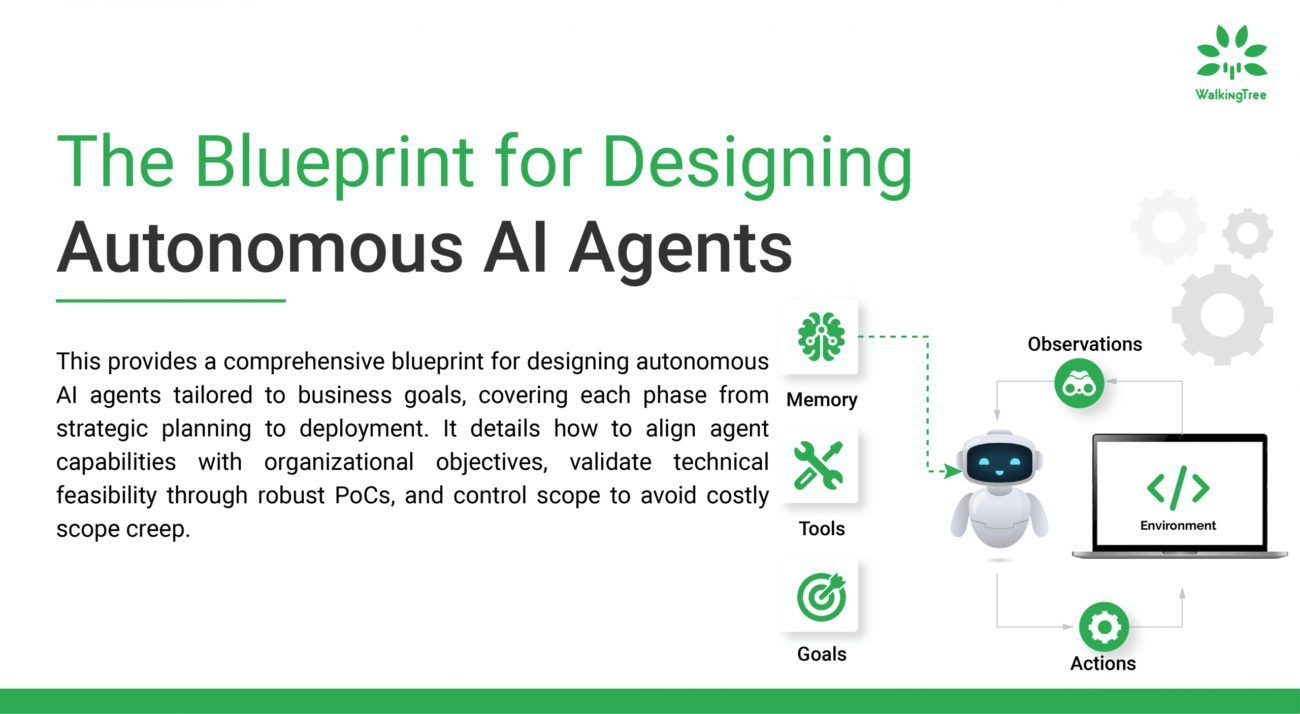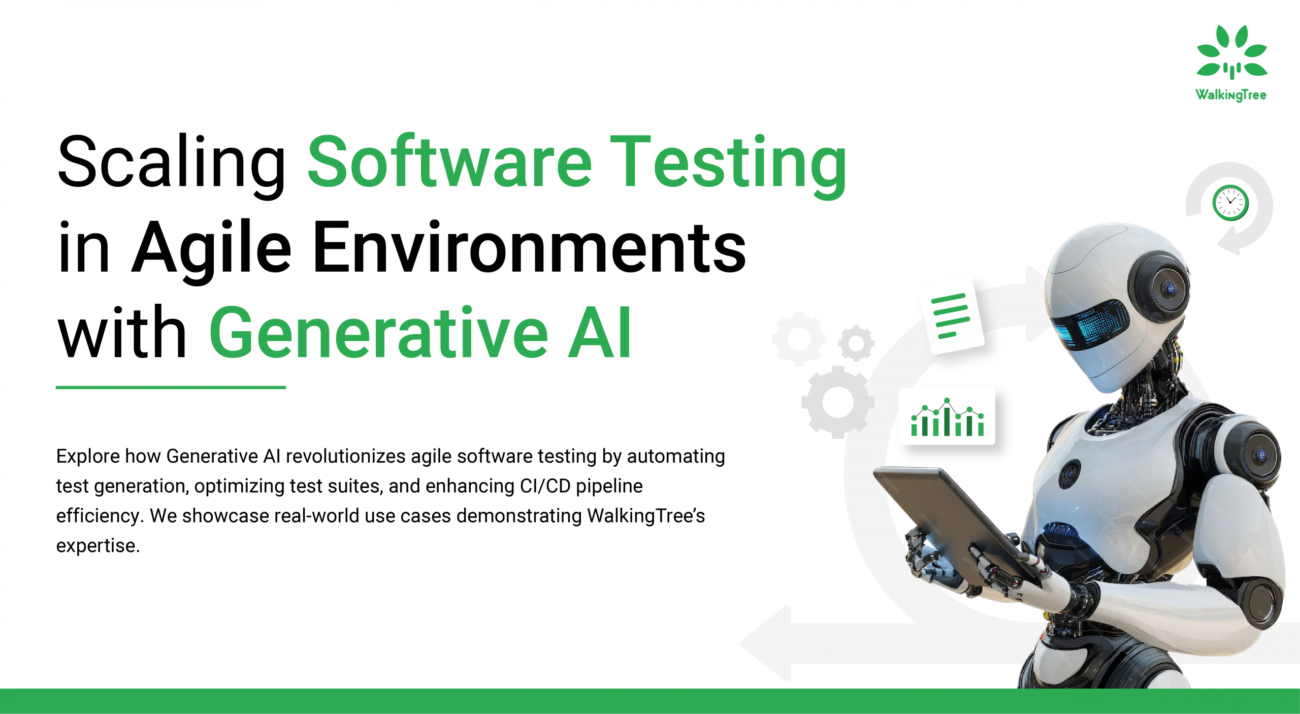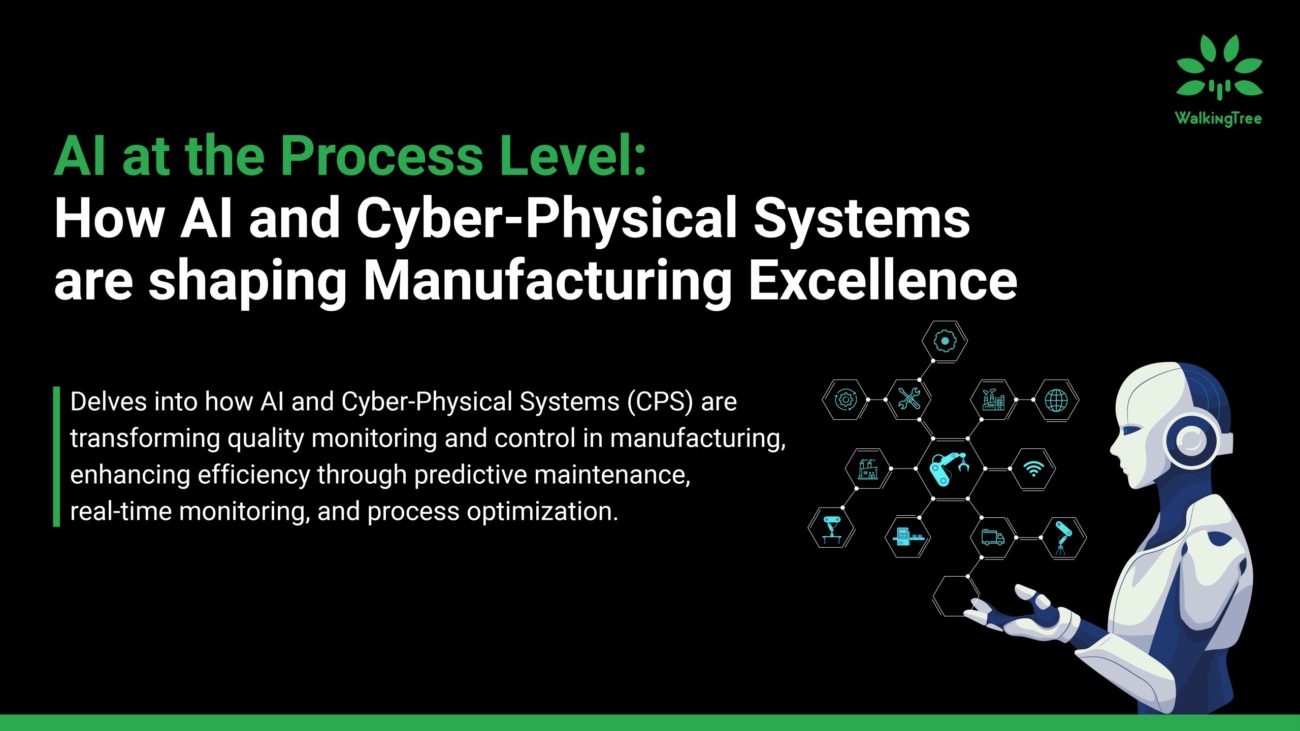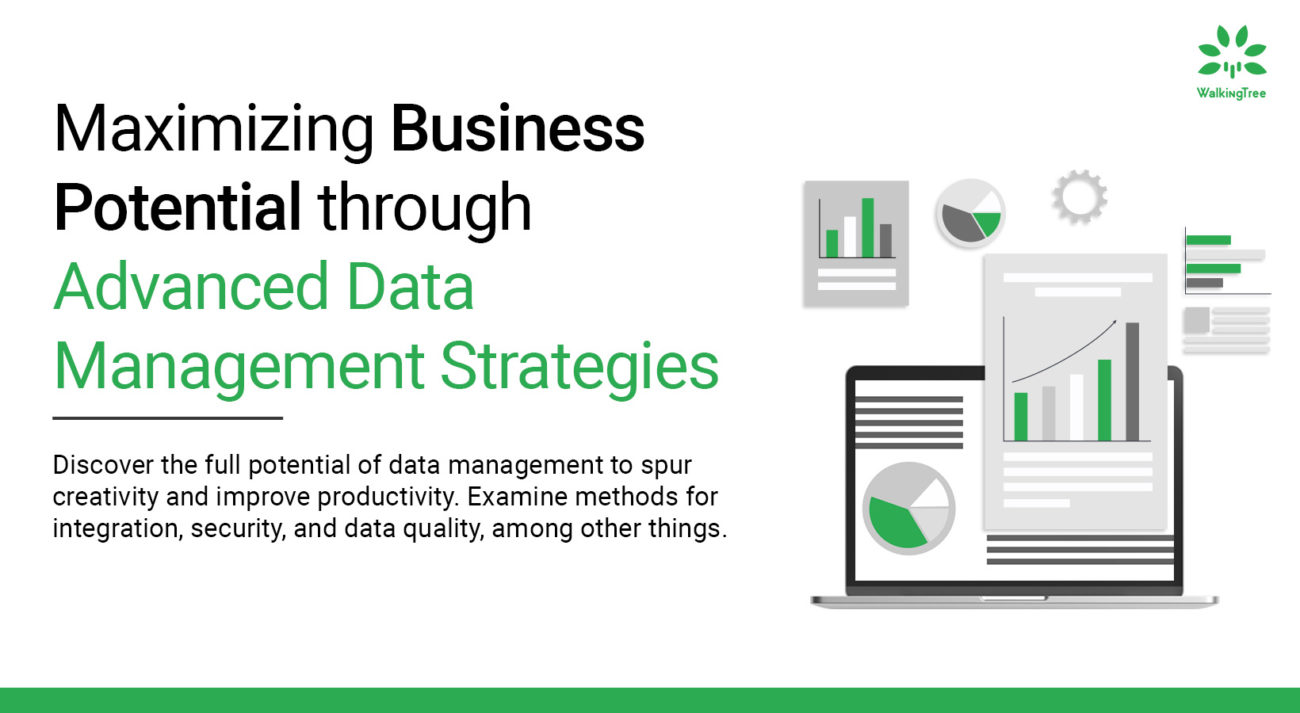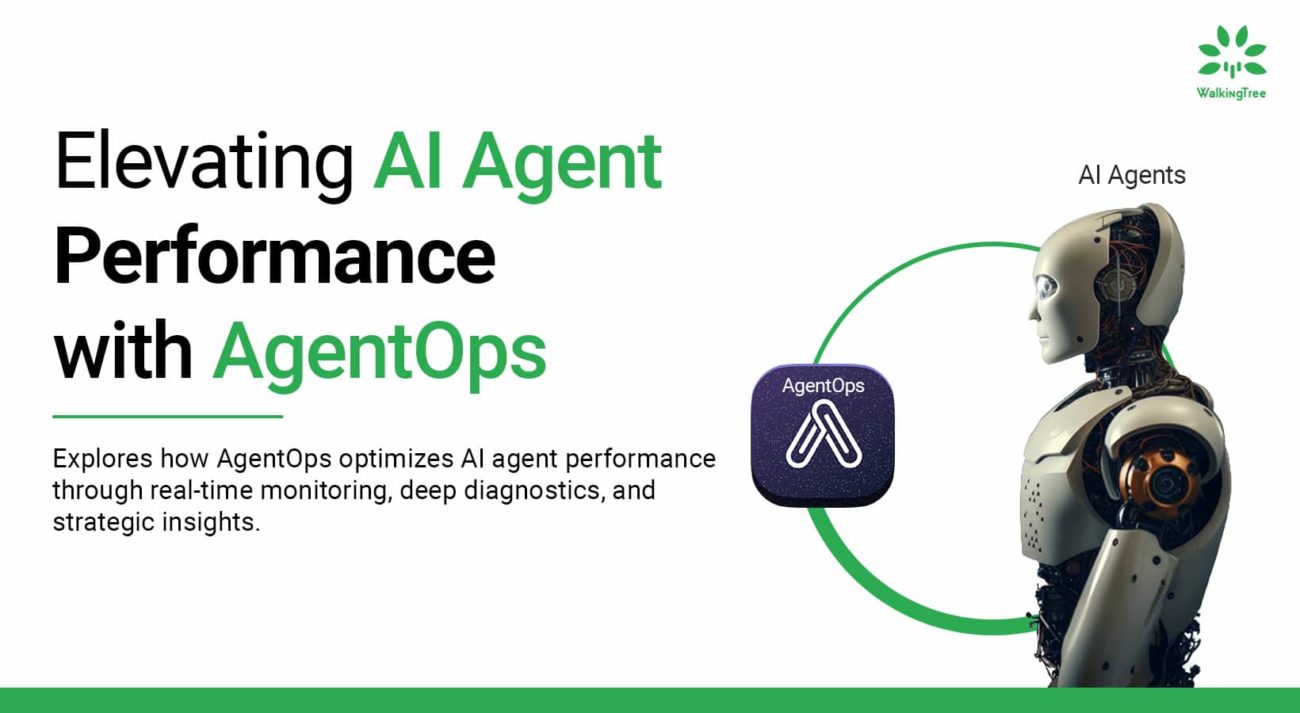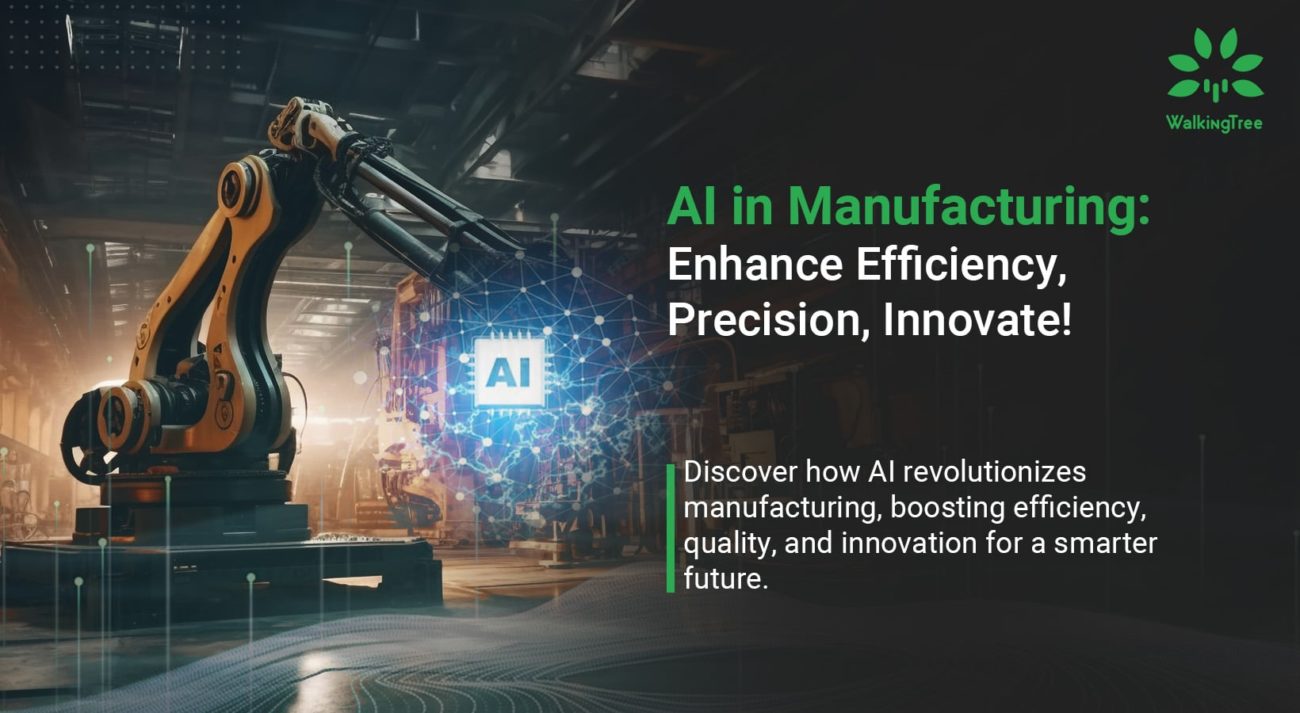
Blogs
Tap into the Power of Data Engineering for Competitive Advantage in Retail
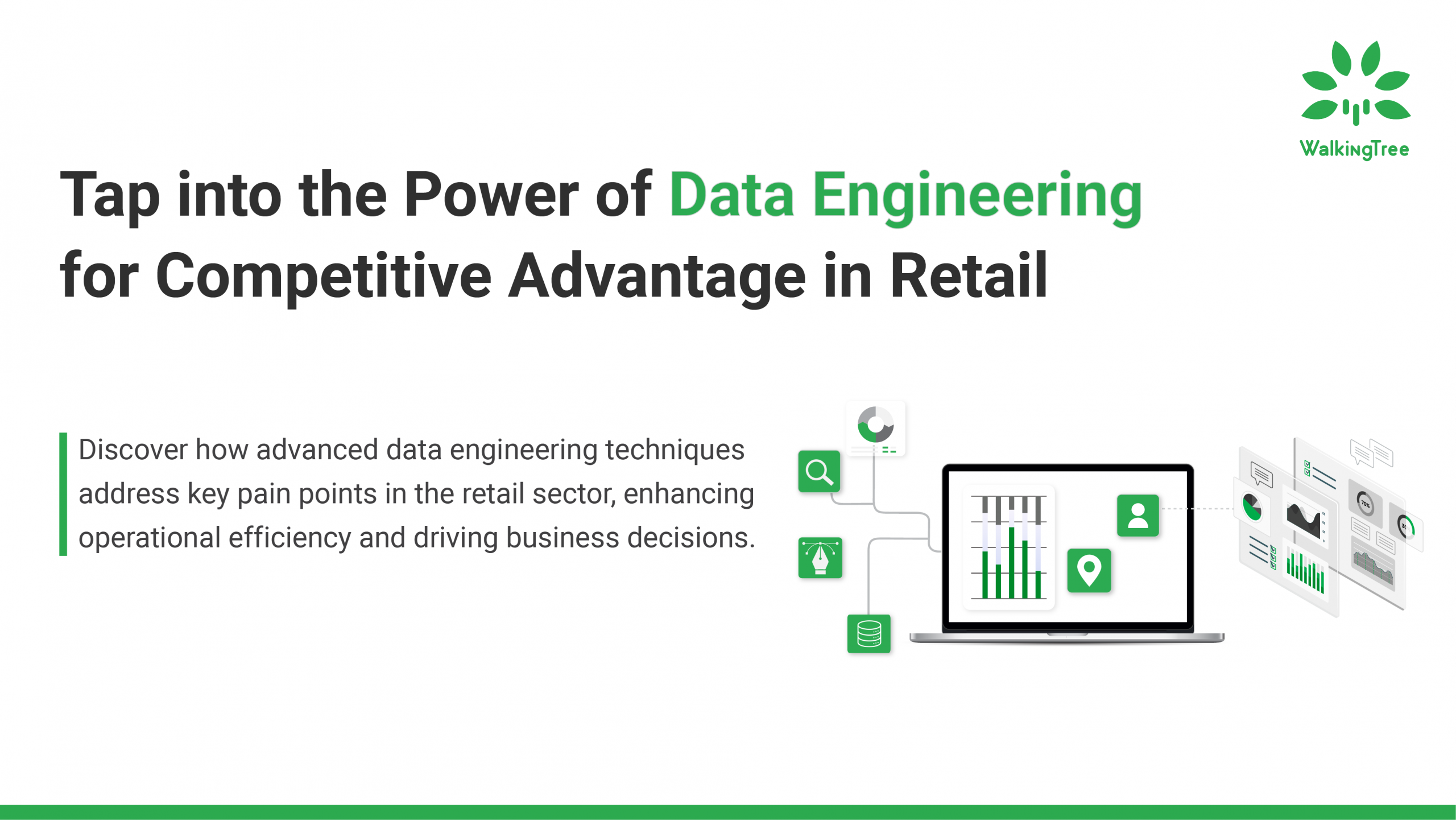
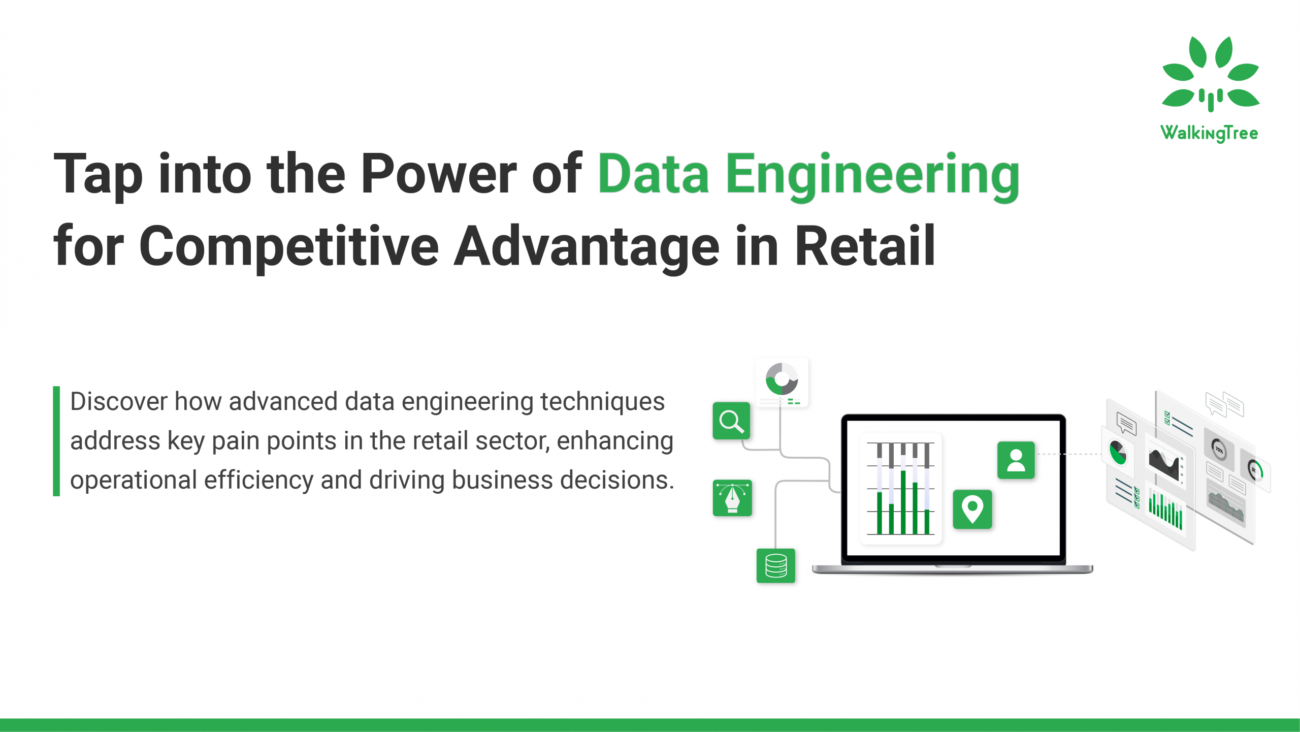
The retail industry is undergoing a transformation driven by the strategic utilization of data. Studies indicate that by effectively harnessing data, retailers can achieve operating margin improvements exceeding 60%. Industry projections anticipate that by 2025, a staggering 75% of retail organizations will deploy advanced analytics and artificial intelligence (AI) to bolster customer experience and operational efficiency. This exploration delves into how data engineering empowers retailers to address critical challenges, augment efficiency, elevate customer experiences, and ultimately, secure a competitive edge.
|Addressing the Operational Challenges in the Retail Industry
- Data Silos: Fragmented data residing across various departments hinders a holistic view of operations, leading to inefficiencies and missed growth opportunities.
- Limited Real-Time Data Processing: Delays inherent in traditional batch processing methods impede timely decision-making within the fast-paced retail environment.
- Data Quality and Governance Issues: The absence of a strong governance framework allows for inaccurate and inconsistent data, resulting in flawed insights and misguided strategies.
- Scalability Challenges: Exponential data growth poses significant challenges to system performance and scalability.
|The Role of Data Engineering in Retail Transformation
Data infrastructure encompasses the design, construction, and ongoing maintenance of the infrastructure responsible for data collection, storage, and analysis. This critical function transforms raw data into actionable insights that empower informed decision-making. Data infrastructure in retail specifically plays a crucial role in unlocking the potential of Artificial Intelligence (AI) and Machine Learning (ML) for retailers.
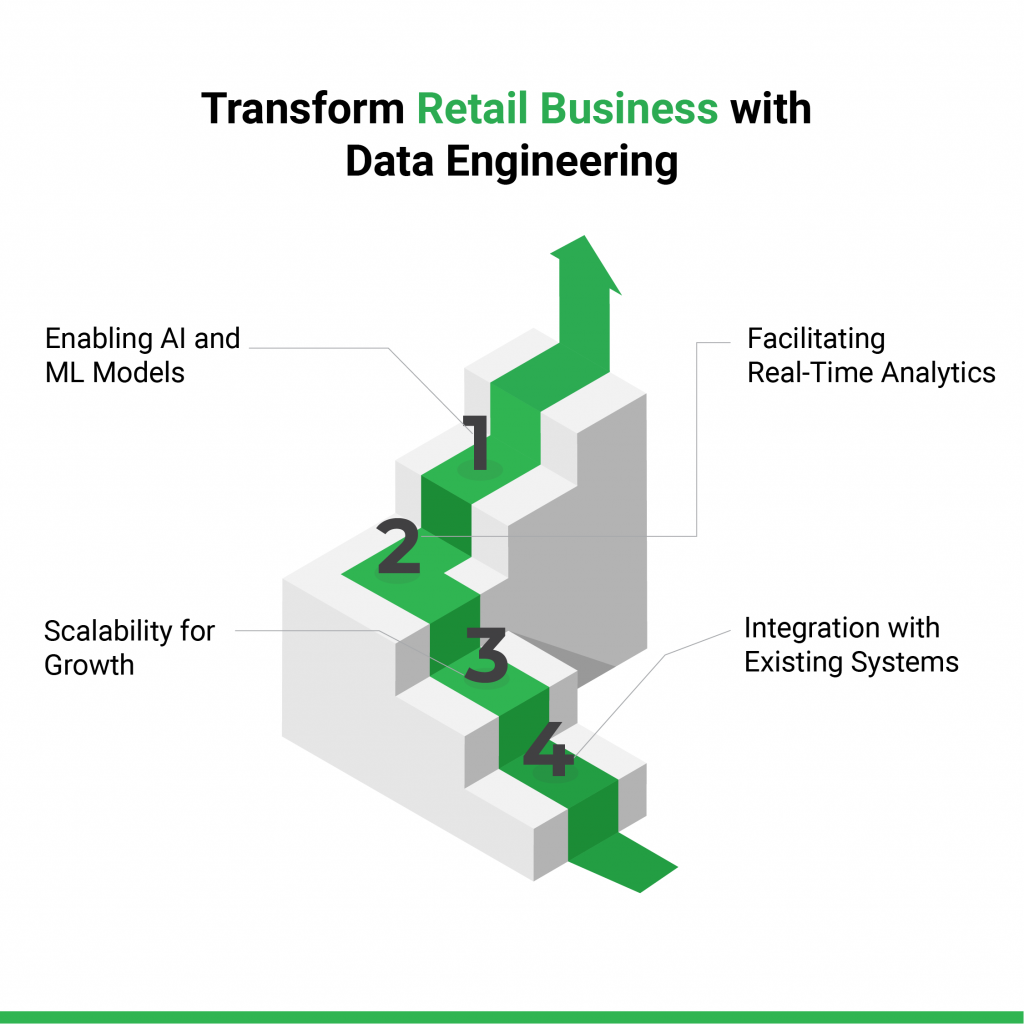
Here’s how:
- Enabling AI and ML Models: AI and ML models ensure a clean, consistent, and high-quality data stream. Additionally, this allows AI algorithms to learn from historical data patterns and make accurate predictions or classifications. For instance, well-managed data can be used to train an ML model for demand forecasting, optimizing inventory management, and reducing stockouts.
- Facilitating Real-Time Analytics: Practices like real-time data pipelines enable the processing and analysis of data with minimal latency. Additionally, this real-time element is crucial for AI and ML models that require constant data updates to function effectively. For example, real-time customer behavior data can be fed into an AI-powered recommendation engine, personalizing product suggestions for each customer in real time.
- Scalability for Growth: Solutions are designed to be scalable, allowing retailers to handle the ever-increasing volume and variety of data generated in the retail environment. Consequently, this scalability is essential for supporting the growth of AI and ML models as they become more complex and require more data for training and refinement.
- Integration with Existing Systems: Effective data management practices ensure smooth integration of AI and ML models with existing retail systems like point-of-sale software or customer relationship management (CRM) platforms. Additionally, this seamless integration allows for the insights and predictions generated from AI/ML models to be readily utilized to optimize operations and personalize the customer experience.
Data infrastructure acts as the bridge between raw data and the power of AI and ML. Therefore, by providing an innovative and scalable data infrastructure, retailers can unlock the transformative potential of artificial intelligence and machine learning. Consequently, leading to significant improvements in efficiency, customer satisfaction, and overall business growth.
|Realizing the Power of AI & ML through Data Engineering
Data engineering is the catalyst that unlocks the transformative potential of Artificial Intelligence (AI) and Machine Learning (ML). Let’s envision a future where:
1. Demand Forecasting:
Data Mining can help retailers construct highly accurate demand forecasting models. Additionally, these models leverage historical sales data, seasonality trends, and market fluctuations to predict future demand with remarkable precision. This translates to:
- Reduced Stockouts: Inventory management becomes optimized, minimizing stockouts and ensuring shelves are always stocked with the right products. This fosters customer satisfaction and loyalty while boosting the bottom line.
- Eliminated Overstocking: Precise demand forecasting eliminates the issue of excess inventory, freeing up valuable storage space and reducing capital tied up in unused stock.
2. Personalized Recommendations with Data Mining:
Natural language queries help locate valuable data across databases, improving personalization. Ensuring data quality and governance address redundancy and inconsistency, while advanced data modeling and data mining uncover patterns to enhance AI recommendations.
- Improved Relevancy: Customers receive enticing product recommendations, leading to more items in their shopping carts.
- Enhanced Customer Loyalty: The personalized shopping experience fosters customer satisfaction and loyalty, encouraging repeat business and positive word-of-mouth marketing.
3. Real Time Dashboarding:
Real-time data pipelines ensure minimal latency in processing, while data integration and management practices maintain high-quality, accurate, and consistent data for effective AI modeling:
- Maximum Revenue Generation: Dynamic pricing strategies leverage market fluctuations and competitor pricing to set optimal prices. This maximizes revenue while maintaining competitiveness in the marketplace.
- Value-Driven Pricing: AI ensures that pricing reflects both customer perception of value and the retailer’s profit margins, striking the perfect balance between affordability and profitability.
With data maturity assessment, advanced data streams can be integrated with real-time market trends, competitor pricing data, and customer behavior insights. The retail landscape is poised for a transformation that prioritizes customer satisfaction, optimizes operations, and unlocks significant business growth.
|Opportunities that can be harnessed through AI & ML
By harnessing the power of data engineering alongside AI and ML, retailers can address a multitude of challenges and opportunities:
- Optimizing Supply Chains: Data Modeling can improve inventory management, reduce lead times, and streamline logistics, leading to significant cost savings. Imagine a supply chain that operates like a well-oiled machine, delivering products to the right place at the right time.
- Enhancing Fraud Detection: LLMs can identify and prevent fraudulent transactions with higher accuracy, protecting both retailers and customers. Imagine a shield that protects your business from fraudulent activity, ensuring a secure and trustworthy shopping experience.
- Delivering a Hyper-Personalized Customer Experience: Advanced data integration and management enable AI to craft personalized marketing campaigns, product recommendations, and loyalty programs, fostering deeper customer connections. This approach transforms the customer experience, making it feel like a meaningful conversation with a trusted friend rather than a mere transaction.
|The ROI of Data Engineering
The benefits of data engineering extend far beyond improved decision-making. Here are some compelling statistics to consider:
- A Harvard Business Review study found that companies that are leaders in data and analytics outperform their peers by 8-10% in profitability. That’s a significant chunk of change that can be reinvested in growth initiatives.
- Retail TouchPoints reports that personalized recommendations can lead to a 10% uplift in sales. A 10% increase can mean the difference between staying afloat and soaring ahead of the competition.
- McKinsey estimates that AI can generate an additional $1.2 trillion to $2.
|Your Partner in Data Engineering and AI-powered Retail Solutions
Understanding the challenges and opportunities at the intersection of data, AI, and retail, our team of passionate data engineers and AI specialists is dedicated to helping retailers unlock the true potential of their data.
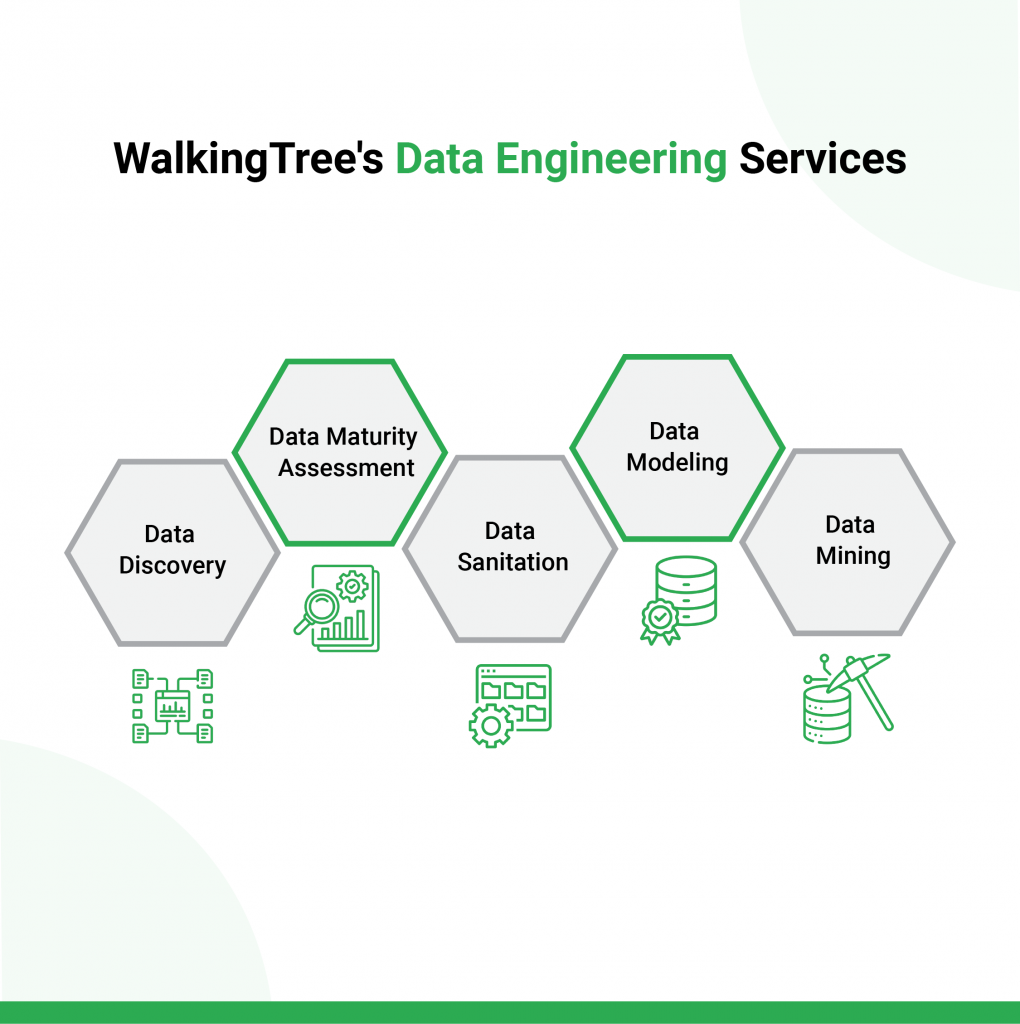
Your Partner in Data Engineering and AI-powered Retail Solutions
Data Discovery: Using advanced techniques, we uncover valuable insights from vast troves of structured and unstructured data sources, both on-premise and cloud-based. This includes leveraging natural language processing (NLP) to identify domain-specific patterns within your data.
Data Maturity Assessment: Our rigorous assessment process identifies and eliminates redundant, inaccurate, or outdated data, ensuring a foundation for high-quality analytics.
Data Sanitation: We implement robust data sanitation practices to safeguard your data from security threats and ensure compliance with industry regulations.
Data Modeling: We build highly optimized data models tailored to your specific industry and use cases, leveraging machine learning to extract hidden patterns and relationships within your data, fueling effective analytics models.
Data Mining: By extracting hidden patterns and relationships within your data, we fuel the most effective analytics models.
|Why do our Data Engineering Services Stand Out?
- Industry-Specific Expertise: We possess deep knowledge of the retail industry and its unique data challenges. This allows us to tailor our data engineering solutions to effectively address your specific needs.
- Resource & Infrastructure: We leverage industry-leading data management infrastructure and possess the expertise to handle complex data projects efficiently.
- Focus on Business Value: Our services are focused on delivering tangible business value. We work closely with you to understand your goals and develop data-driven solutions that drive measurable results.
|Real-World Benefits for Businesses
- Integrated Data Silos, Unified Insights: We eliminate data silos by integrating data from various sources. These are point-of-sale systems and inventory management software, providing a comprehensive view of customer base, inventory levels, and sales trends.
- Data Transformation for Actionable Insights: We clean and transform raw data, correcting errors, handling missing values. Additionally, standardizing formats to build robust analytics and machine-learning models.
- Streamlined Data Pipelines for Real-Time Intelligence: We create efficient data pipelines that enable real-time data collection. Also, transformation and movement, allowing for immediate, data-driven decision-making.
- Machine Learning Models for Future-Proof Decisions: We develop customized machine learning models for challenges like demand forecasting, fraud detection. And also, personalized recommendations, enhancing inventory management and customer satisfaction.
|The Road to Retail Innovation Starts with Data Engineering
Data engineering has now become a necessity. By building an advanced data infrastructure you can unlock the true potential of AI and ML, transforming your retail business. We can help you:
- Gain a 360-degree view of your customers and personalize the shopping experience at every touchpoint.
- Optimize your operations for efficiency and profitability.
- Make data-driven decisions with confidence.
- Stay ahead of the competition in the ever-evolving retail landscape.
Are you ready to unlock the power of data and AI in your retail business? Contact WalkingTree today and let’s discuss how we can help you achieve your retail innovation goals.


